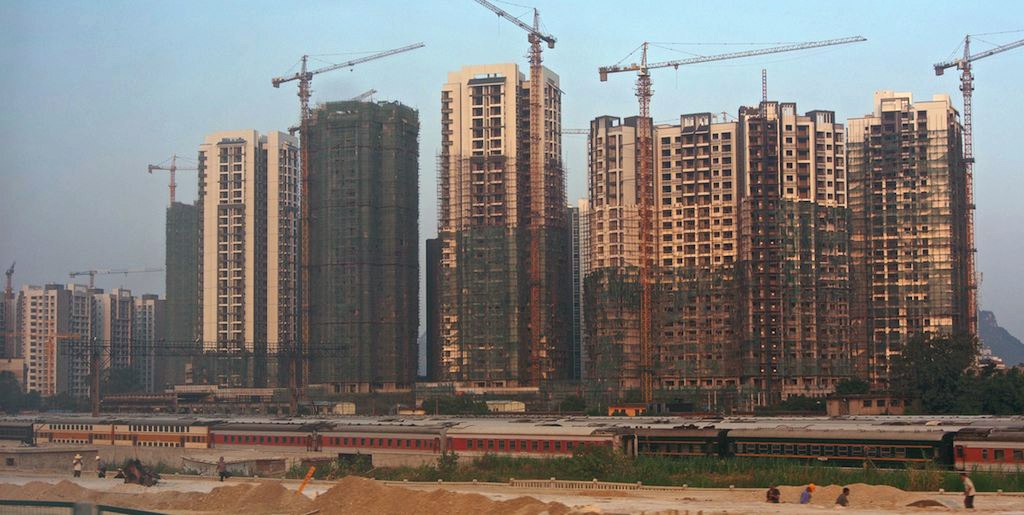Co-sponsored by Center for Chinese Studies (CCS)
Speaker: George C.S. Lin, Chair Professor of Geography, Department of Geography, The University of Hong Kong
Panelist/Discussant: You-tien Hsing, Professor of Geography, UC Berkeley
Phenomenal transformation of the landscape in Chinese cities has been conventionally understood as the spatial outcome of the reformation of state-market relations. The current urban landscape observable today is described as a juxtaposition of two elements, namely the legacy of the socialist city and the newly emerged space of marketization. This research identifies a new wave of urbanization in which a reformulated state-society relationship has given rise to a new landscape of urban redevelopment. The remaking of China’s urban landscape is effectively shaped not so much by forces of agglomeration economies or bid-rent dynamism but instead by a negotiation and reconciliation of the interests between the state and society. The bottleneck over urban renewals is overcome by local initiatives to redefine who gets what rather than who owns what. Existing land users are motivated by a decentralized power of decision-making and a share of the land conveyance income previously monopolized by the state. Contrary to normal expectation, no significant correlation is found between the extent of urban redevelopment and population density, level of development and degree of marketization and openness. Urban redevelopment tends to prevail in those modes of land disposition that are either monopolized by the state or subject to close-door negotiation. Chinese land users are found to be more concerned over exclusivity than transferability of property rights. Redevelopment is less contentious in a “village-in the city” where decisions are made by the collective organization internally than the other involving developers externally. Land use intensity and efficiency have been improved along with intensified social exclusion and marginalization. Findings of this research call for special attention to be paid to China’s reformulated state-society relations as a new driving force reshaping its restless urban landscape. Current planning and policy making need to be critically re-evaluated so as to take a better consideration and protection of the interests of the displaced workers, landless villagers, resettled residents, and removed migrant population.
About the speaker:
Professor George C.S. Lin received his Ph.D. degree in Human Geography from the University of British Columbia, Vancouver, Canada, 1994; MA in Urban Geography from the University of Akron, Ohio, USA, 1989; MSc in Economic Geography from Sun Yat-sen University, Guangzhou, China, 1984; BSc in City Planning from Sun Yat-sen University, Guangzhou, China, 1981.
He is the author of Red Capitalism in South China: Growth and Development of the Pearl River Delta (University of British Columbia Press, Vancouver, Canada, 1997), Developing China: Land, Politics, and Social Conditions (Routledge, London, 2009), co-author of China’s Urban Space: Development under Market Socialism (Routledge, London, 2007), and over 90 articles published in internationally refereed journals and books.
His research interests include China’s urban development and urbanization, land use and land management, the growth of urbanism, rural industrialization and regional development in the Pearl River Delta, transnationalism, cross-border population mobility, and the geography of Chinese diaspora.
Event Contact: ccs@berkeley.edu

